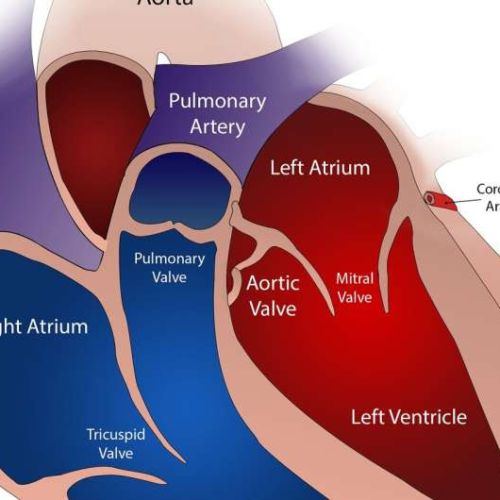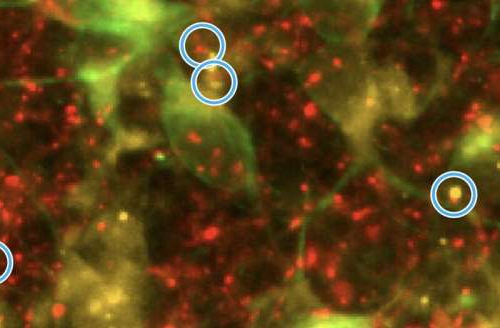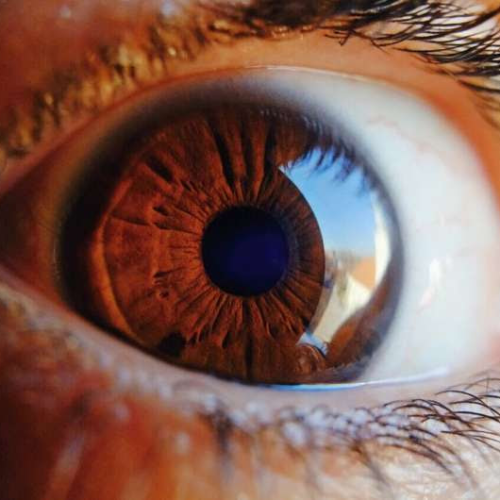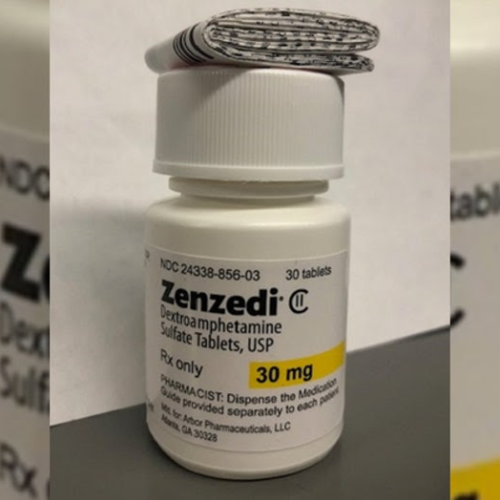by RAND Corporation Credit: Pixabay/CC0 Public DomainThere is substantial geographic variation across the U.S. health care system to diagnose and treat early-stage Alzheimer’s disease with disease-modifying therapies, and engaging primary care providers in the effort may be a key to accelerating delivery of emerging new treatments, according to a new RAND report. Enabling primary care practitioners...
Psychology research: Women more sensitive to cocaine
by University of Texas at Arlington Linda Perrotti, professor and chair of the Department of Psychology at UTA and senior author of the study. Credit: University of Texas at ArlingtonPrevious studies focused on cocaine use have found that women are more likely than men to develop an addiction, try cocaine at a younger age, use larger...
Measuring eGFR based on cystatin C levels may be a more accurate assessment of kidney function in older adults
by American College of Physicians Credit: Pixabay/CC0 Public DomainA study of more than 82,000 older adults receiving outpatient measurements of estimated glomerular filtration rate (eGFR) found that measuring eGFR based on creatinine and cystatin C levels (eGFRcr-cys) was more strongly associated with adverse outcomes than measuring eGFR with only creatinine levels (eGFRcr). The study is published...
Researchers decode the link between smoking and amyotrophic lateral sclerosis risk
by Pusan National University A new study from Pusan National University shows that smoking is positively associated with the risk of developing amyotrophic lateral sclerosis, predominantly affecting women. Discontinuing smoking can potentially reduce the ALS risk. Credit: Dr. Yun Hak Kim / Pusan National UniversityAmyotrophic lateral sclerosis (ALS), a neurodegenerative disorder, is a significant global health...
Shedding light on driving in the dark
by Homa Warren, Baylor College of Medicine Credit: Unsplash/CC0 Public DomainDriving at night might present more hazards than daytime driving. Nighttime blurriness is common, and bright headlights often lead to glares, halos around headlights and starbursts, which makes vision extremely challenging. A Baylor College of Medicine ophthalmologist explains the risks of nighttime driving. “One of the...
Continuous positive airway pressure therapy in patients with coronary artery disease and obstructive sleep apnea
by Compuscript Ltd Credit: Pixabay/CC0 Public DomainObstructive sleep apnea (OSA) is highly common in patients with coronary artery disease (CAD) and it is a strong predictor of subsequent cardiovascular events. However, whether treatment with continuous positive airway pressure (CPAP) can decrease this risk remains controversial. PubMed, EMBASE, the Cochrane Library, and ClinicalTrials.gov were systematically searched...
Re-energizing mitochondria to treat Alzheimer’s disease
by The Scripps Research Institute Alzheimer’s nerve cells manifest a decrease in the connections between nerve cells, called synapses, shown here within the blue circles. Half the synapse is marked with a red fluorescent stain and the other half with a yellow stain. Credit: Scripps ResearchNerve cells in the brain demand an enormous amount of energy...
Optometry expert warns red light myopia therapy can injure retina
by Laurie Fickman, University of Houston Credit: Pixabay/CC0 Public DomainA University of Houston optometry researcher is warning against the use of low-level red light (LLRL) therapy as a method to control myopia, or nearsightedness, especially in children. Over the last few years, LLRL has emerged as a viable myopia treatment after studies reported the treatment as...
New study on promising stem cell-based therapy for Crohn’s disease
by Liam Connolly, UC Davis Schematic showing putative mechanism of hMSCs mediated immunosuppression in experimental model of Crohn’s disease. Credit: npj Regenerative Medicine (2024). DOI: 10.1038/s41536-024-00347-1A stem cell therapy for Crohn’s disease developed by UC Davis Health researchers has shown promising results in mouse studies. The research, published in npj Regenerative Medicine, showed that human bone...
ADHD medication recalled because bottles may contain different drug that has opposite effect
By Kelly Hayes Zenzedi, pictured above, is a stimulant used for the treatment of ADHD and narcolepsy. (Credit: FDA/Azurity Pharmaceuticals) An ADHD medication was recalled in the U.S. after a different prescription drug was found inside the bottle by a pharmacist, U.S. officials said. The recall, announced on Jan. 25 in a notice by the U.S....







